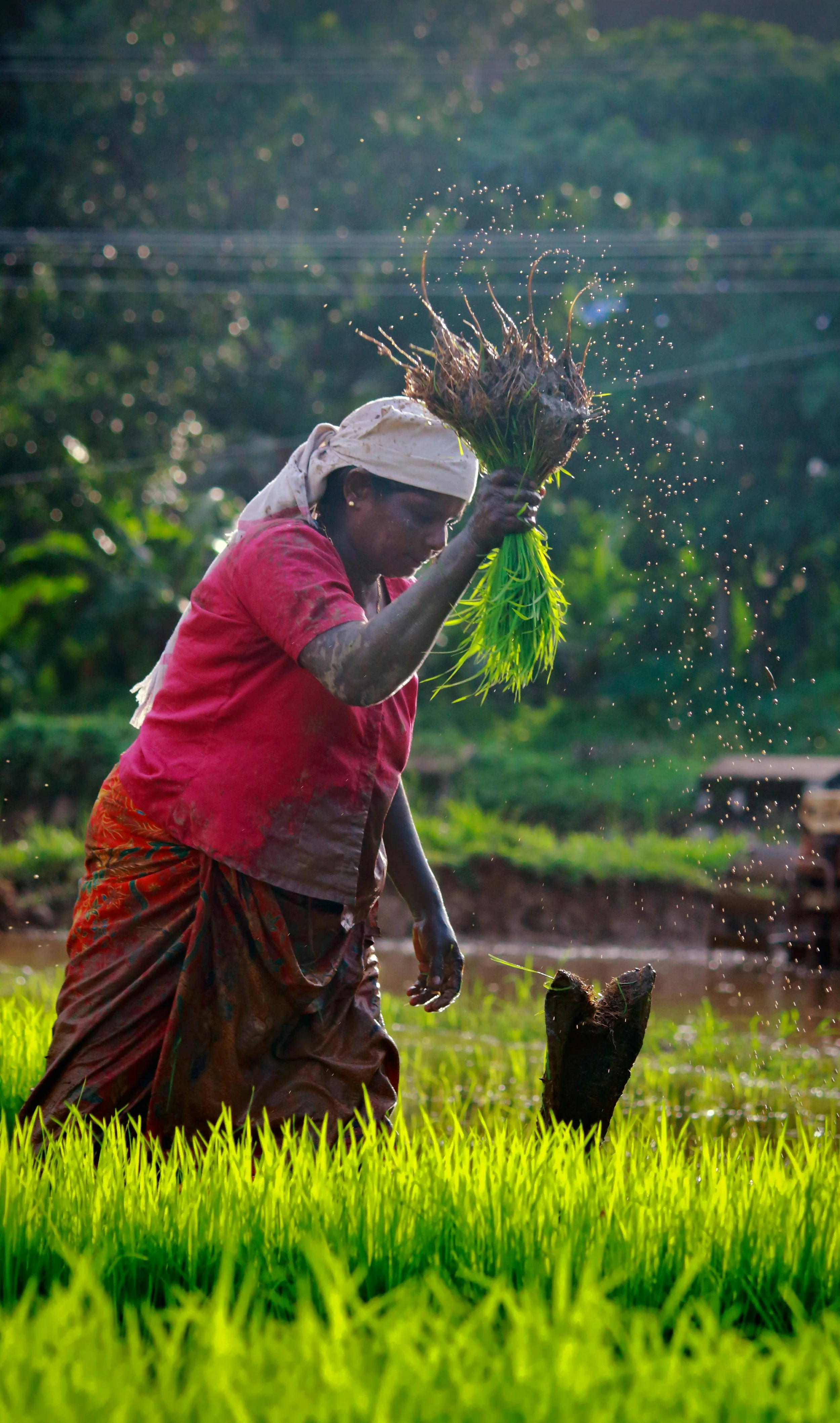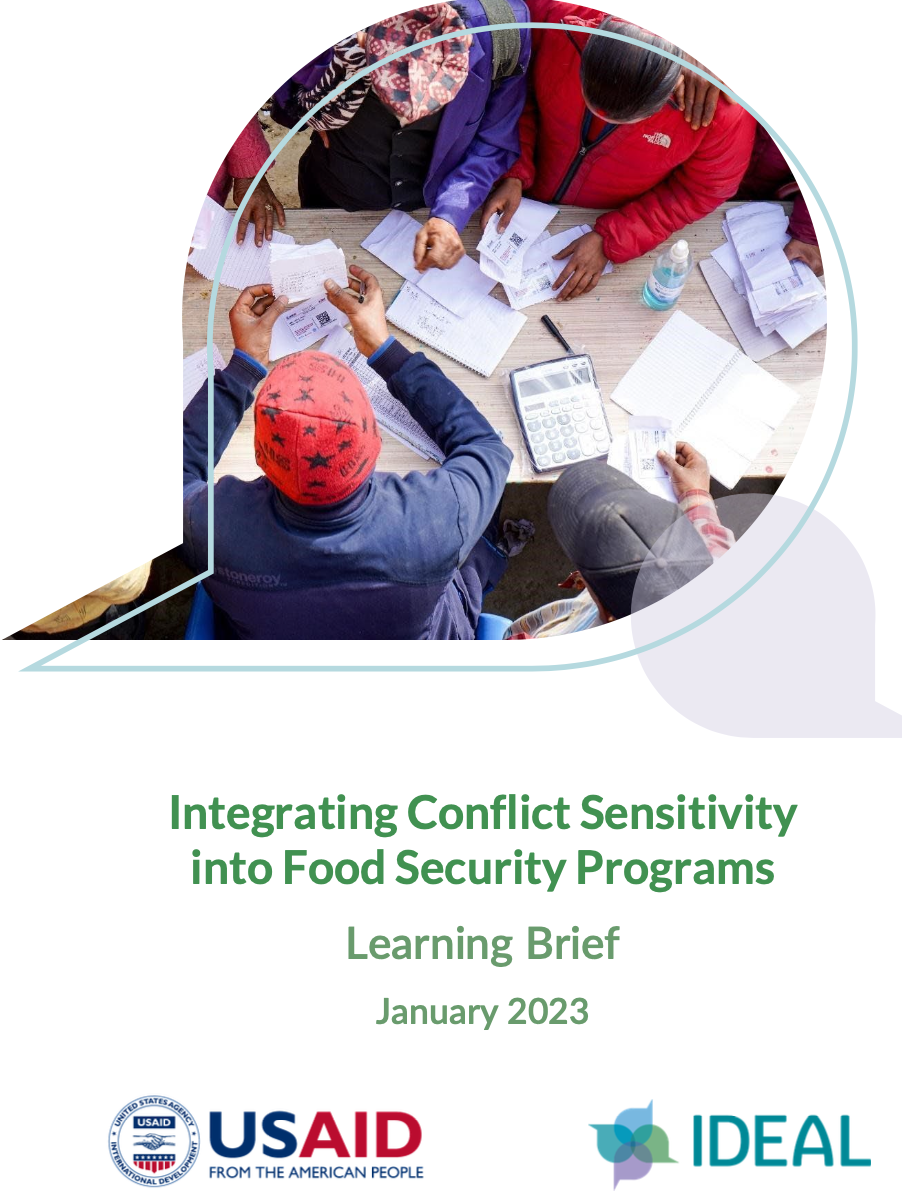OUR IMPACT
-

Measuring Culture-Based Climate Adaptation
We are currently working with Preserving Legacies and ICLEI to develop the first Monitoring, Evaluation, and Learning Toolkit for culture-based resilience and adaptation. The project addresses a critical gap in how cultural heritage contributes to climate resilience—helping communities track, evaluate, and amplify the impact of locally led, culturally grounded adaptation efforts. The toolkit is being co-developed and trialled with communities across Africa and the U.S., and will be launched as an open-source resource through the Heritage Adapts platform ahead of COP31.
Partner: Preserving Legacies & ICLEI · Region: Global South & U.S. · Theme: MEL for Culture-Based Climate Adaptation -

Conservation in Fragile Contexts
We are currently supporting WWF International to develop a new manual on conflict sensitive conservation, building on prior efforts and aligning with network-wide frameworks. The work responds to the growing recognition of how environmental degradation, fragility, and insecurity intersect in WWF’s areas of operation. Through extensive consultation and applied analysis, we are producing a practical framework and toolset to guide WWF teams in fragile and conflict-affected contexts. The manual will include step-by-step guidance, simplified tools, and resources—such as case studies and infographics—to help embed conflict sensitivity across conservation planning, operations, MEL, and advocacy.
Partner: WWF International · Region: Global FCAS · Theme: Conflict Sensitivity in Conservation -

The Gender, Climate & Conflict Nexus
In partnership with Oxfam, we developed a guidance framework to address the intersecting risks of gender inequality, climate change, and conflict in fragile settings. Using systems thinking, the project combined feminist and decolonial approaches with tools like feedback loop mapping and participatory diagrams. Case studies from Somalia and Ethiopia illustrated how exclusion from governance and resource scarcity reinforced cycles of vulnerability. The guidance strengthened Oxfam’s Rights, Resilience & Response framework and offered practical strategies for inclusive, transformative programming.
Partner: Oxfam · Region: Global South · Theme: Systems Thinking for Climate Justice -

Climate Adaptation in Fragile and Conflict-Affected Situations in Asia
Working with the Asia Foundation, we are leading a pioneering study that explores how targeted, conflict-sensitive adaptation strategies can strengthen resilience in the world’s most vulnerable regions. The research identifies key barriers to adaptation in fragile contexts and proposes actionable solutions across governance, finance, gender, and innovation.
Partner: The Asia Foundation · Region: Asia · Theme: Climate Adaptation in FCAS -

Humanitarian Action in Climate-Affected Situations
We worked with the IRC to strengthen humanitarian action in contexts facing overlapping climate, conflict, and fragility risks. Our analysis highlighted the need for adaptive management, conflict sensitivity, and integrated risk approaches in complex crisis environments. Recommendations included anticipatory action, localization, and treating the environment as a humanitarian client to better navigate cascading risks.
Partner: International Rescue Committee (IRC) · Region: Global · Theme: Humanitarian Action in Complex Crises -

Conflict Sensitivity in Food Security Programming
We partnered with USAID to examine how food security programs can better navigate conflict dynamics in fragile and contested environments. The learning brief synthesized field insights and identified practical entry points for integrating conflict sensitivity across program cycles. Recommendations included early conflict analysis, adaptive management, inclusive targeting, and conflict-aware monitoring to avoid harm and enhance resilience.
Partner: USAID · Region: Global · Theme: Conflict Sensitivity in Food Security
